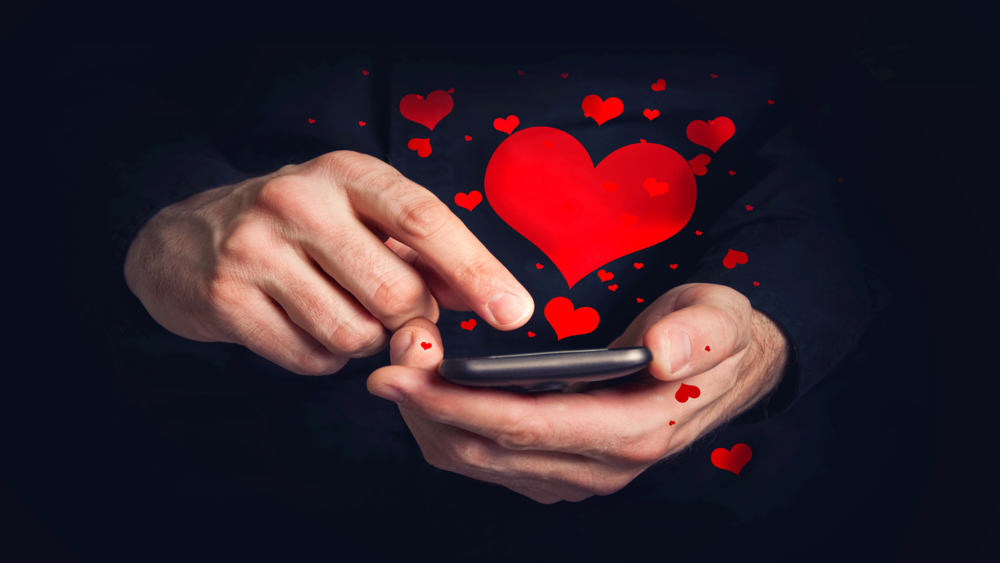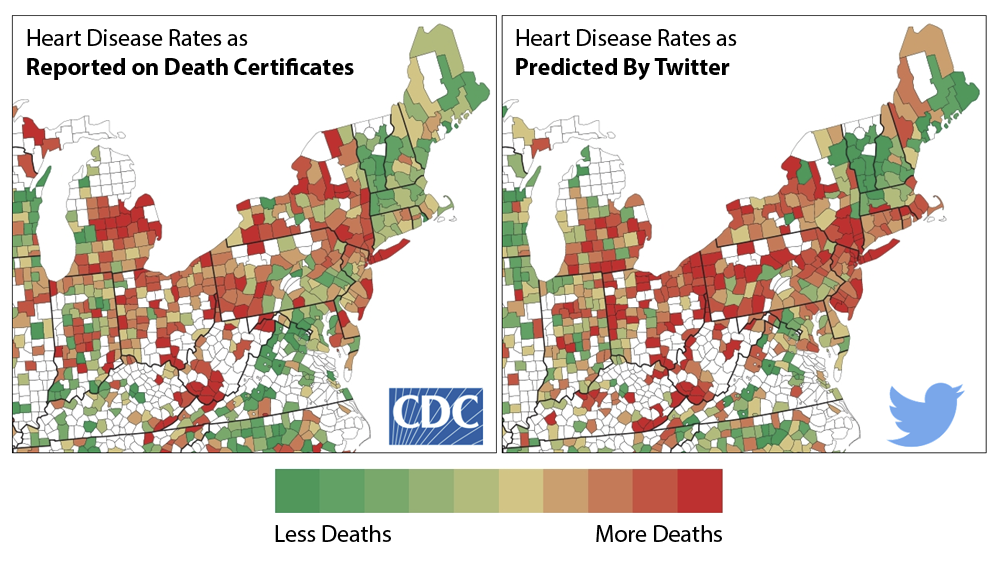Could Valentine's Day be optimized by Digital Health? Reflections on wearables, love and other emotions…
My heart, my head, my mind, my soul
My feelings over you
My tears, my touch, remember all that I am to you - Lizz Wright, My Heart
With Valentine’s Day approaching you may get an extra benefit from your wearables. If you want to know on the spot how somebody makes you feel, there is an app for that.
Remember She/He loves me…not? Well, you can share how you feel with your date via an app. You cannot decide which relationship is desirable and which one not so much? An app can manage your relationships: “compose text messages, invite people to hang out, or block or delete their contact.”
Recently, Paul Sonnier posted on the Digital Health Group group a link about pplkpr. This app was developed by two artists and uses a wristband to measure your heart rate. Based on an algorithm they created, it decides how somebody makes you feel (the contact being controlled by GPS).
This post certainly did not go unnoticed.
Despite persistent controversies (i.e. the polygraph and its validity), physiological indicators have long been considered proxies for psychological responses. The heart itself continues to be seen as a window for the soul.
As a student of psychology, I was naturally intrigued and went online and researched to find the latest about heart rate and emotions. Here are a few points:
- There are more and more disciplines trying to translate heart physiology into emotional states. We talk about psychology, psychiatry, physiology—but lately also engineering (Ghosh, Mitra and Bhunia 2013) and computer science (Rattanyu and Mizukawa 2011). See, for instance, research conducted at the MIT’s Affective Computing, or the Horizon Digital Economy Institute.
- Human emotional response continues to elude physiology. “Emotions are generally controlled by the intrinsic and extrinsic properties of the subjects” (Ghosh et al. 2013). Therefore, there are many variables to take into account when attempting to map such relations: age, current psychological and physiological state, cultural upbringing…
- Heart rate and emotional responses represent promising avenues for some streams of research. “HRV [heart rate variation – my note] may index important organism functions associated with adaptability and health.” (Thayer, Åhs, Fredriksonc, Sollers and Wager 2012). Most investigations are concerned with general health and stress (Kemp and Quintana 2013) and psychological disorders like anxiety, depression, PTSD (Gillie and Thayer 2014) or autism.
- Do we know much about social interactions, emotions and heart rate? Perhaps not yet. A study from 2012 (Quintana, Guastella, Outhred, Hickie and Kemp) states: “To our knowledge this is the first study to examine the relationship between HRV and emotion recognition in adults.” Its findings suggest that HRV could represent a physiological indicator of “one's ability to recognize emotions” (ibid.) in others.
Keeping in mind its creators are artists, pplkpr lives up to expectations: it opens up towards a possible future. You may consider the dystopian aspect, where we rely on technology for matters of the most intimate nature—or using such apps in human resources.
But, there are exciting prospects to be considered too. Heart rate is relatively easy to measure and monitor through wearables. More and more physiological indicators become easily quantifiable using sensors on the go. New avenues could be explored:
- Social psychology – accessible physiological data coupled with data from digital footprints could improve our understanding of social interactions.
- Psychology – as mentioned above, advances could be made in the fields of psychophysiology, by analysing data gathered in a more naturalistic way (Heathers 2013). This would overpass research designs which are flawed by “design” or by assumptions (i.e. presenting images on a computer to elicit emotions, without considering individual characteristics and health and life contexts - Ghosh et al. 2013).
- Health and wellbeing – advance understanding of the relation between different stresses and types of illnesses, treatments or recoveries. Maybe designing self-help tools?
- Marketing – physiological indicators combined with other data to better understand consumer preferences or to develop better, more appealing products.
- Machine learning and affective computing - What if your tablet, phone or laptop would get to know you better...? What if your car would ask you to stop for a cup of coffee because you "seem" tired?
I believe that today such apps could be fun; we can use them cautiously, as artefacts to remind us to reflect upon ourselves and our interactions with the world. I am afraid we are yet to do the heavy lifting ourselves. The best things in life rarely come without a fight.
A big love takes time and complicity (paraphrased from Camil Petrescu 1930, my translation); most significant relationships have complicated histories and are built on a roller coaster of emotions. They keep our hearts pounding and make us feel alive.
For now, listen to your heart, but not yet so literally. And above all, have a happy Valentine’s Day!
Log in or register for FREE for full access to ALL site features
As a member of the nuviun community, you can benefit from:
- 24/7 unlimited access to the content library
- Full access to the company and people directories
- Unlimited discussion and commenting privileges
- Your own searchable professional profile






.jpg)